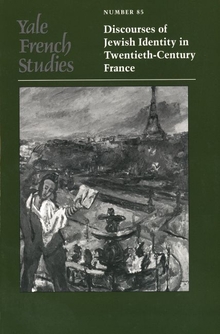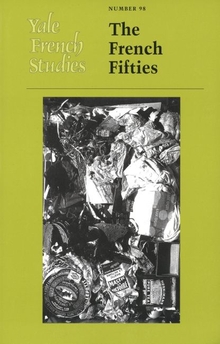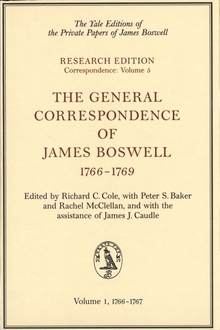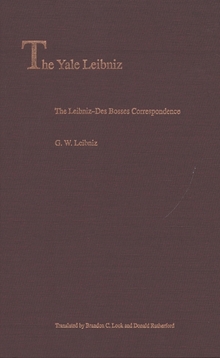The Labyrinth of the Continuum
WARNING
You are viewing an older version of the Yalebooks website. Please visit out new website with more updated information and a better user experience: https://www.yalebooks.com
Writings on the Continuum Problem, 1672-1686
G. W. Leibniz; Translated, edited and with an introduction by Richard T. W. Arthur
Out of Print
This book gathers together for the first time an important body of texts written between 1672 and 1686 by the great German philosopher and polymath Gottfried Leibniz. These writings, most of them previously untranslated, represent Leibniz’s sustained attempt on a problem whose solution was crucial to the development of his thought, that of the composition of the continuum.
The volume begins with excerpts from Leibniz’s Paris writings, in which he tackles such problems as whether the infinite division of matter entails “perfect points,” whether matter and space can be regarded as true wholes, whether motion is truly continuous, and the nature of body and substance. Comprising the second section is Pacidius Philalethi, Leibniz’s brilliant dialogue of late 1676 on the problem of the continuity of motion. In the selections of the final section, from his Hanover writings of 1677–1686, Leibniz abandons his earlier transcreationism and atomism in favor of the theory of corporeal substance, where the reality of body and motion is founded in substantial form or force.
Leibniz’s texts (one in French, the rest in Latin) are presented with facing-page English translations, together with an introduction, notes, appendixes containing related excerpts from earlier works by Leibniz and his predecessors, and a valuable glossary detailing important terms and their translations.
The volume begins with excerpts from Leibniz’s Paris writings, in which he tackles such problems as whether the infinite division of matter entails “perfect points,” whether matter and space can be regarded as true wholes, whether motion is truly continuous, and the nature of body and substance. Comprising the second section is Pacidius Philalethi, Leibniz’s brilliant dialogue of late 1676 on the problem of the continuity of motion. In the selections of the final section, from his Hanover writings of 1677–1686, Leibniz abandons his earlier transcreationism and atomism in favor of the theory of corporeal substance, where the reality of body and motion is founded in substantial form or force.
Leibniz’s texts (one in French, the rest in Latin) are presented with facing-page English translations, together with an introduction, notes, appendixes containing related excerpts from earlier works by Leibniz and his predecessors, and a valuable glossary detailing important terms and their translations.
Richard Arthur is professor of philosophy at Middlebury College.
“This book gathers together for the first time an important body of texts written between 1672 and 1686 by the great German philosopher and polymath Gottfried Leibniz. These writings, most of them previously untranslated, represent Leibniz’s sustained attempt on a problem whose solution was crucial to the development of his thought, that of the composition of the continuum.”—Forthcoming Books & Journals
ISBN: 9780300079111
Publication Date: April 10, 2001
Publication Date: April 10, 2001
484 pages, 6 1/8 x 9 1/4
35 b/w illus.
35 b/w illus.







